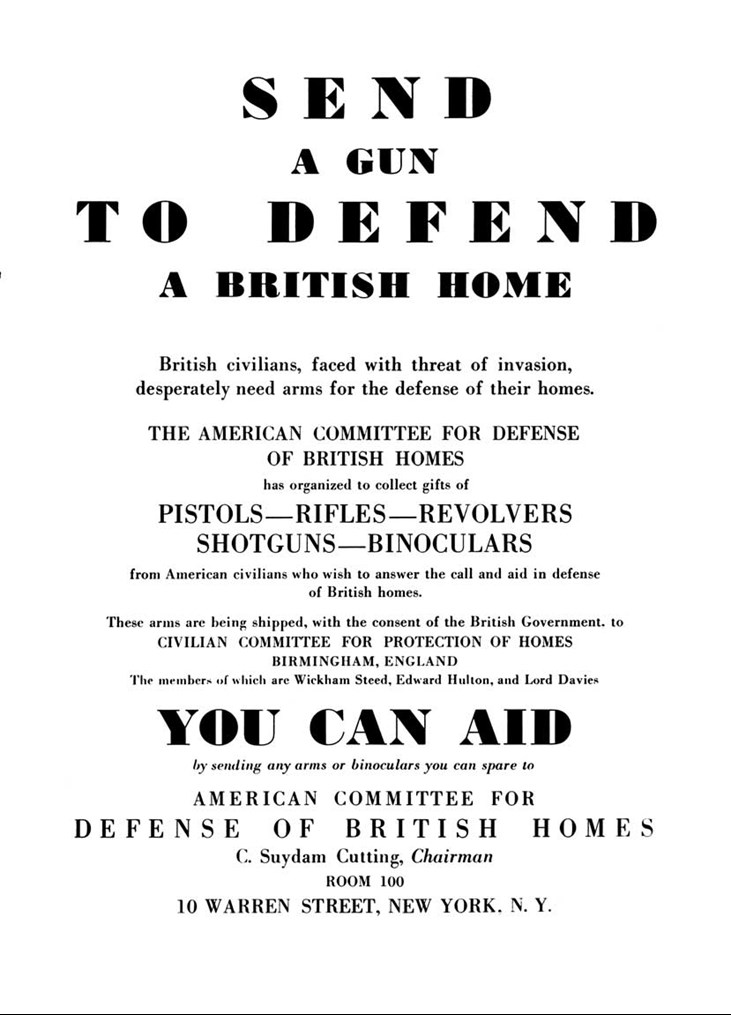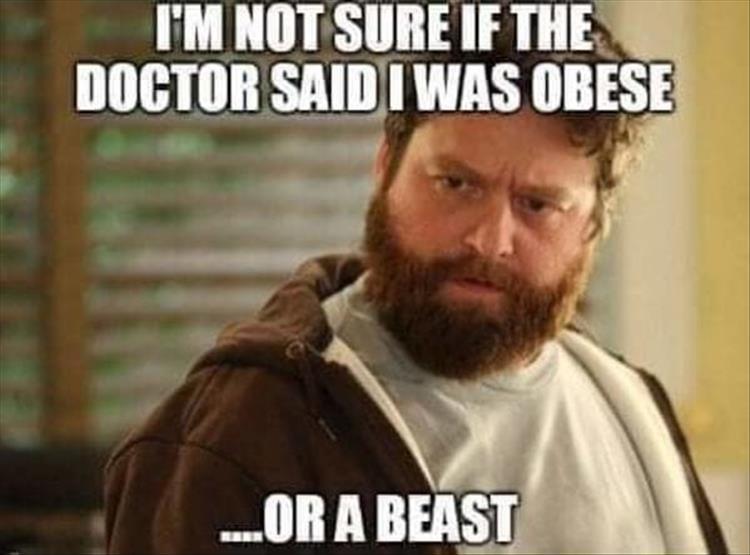Join the Hide community
Get access to live stream, lessons, the post exchange, and chat with other snipers.
Register
Download Gravity Ballistics
Get help to accurately calculate and scope your sniper rifle using real shooting data.

Install the app
How to install the app on iOS
Follow along with the video below to see how to install our site as a web app on your home screen.
Note: This feature may not be available in some browsers.
You are using an out of date browser. It may not display this or other websites correctly.
You should upgrade or use an alternative browser.
You should upgrade or use an alternative browser.
Maggie’s Motivational Pic Thread v2.0 - - New Rules - See Post #1
- Thread starter Snake-Eyes
- Start date
-
- Tags
- motivational pictures
That's still what real men do, even today.
“There was nothing they could be asked to do for their country that they wouldn’t do,” Gary said. “That is who those men were.”
I think the real joke is that all of you missed the punchline right above the pictureWell, reviewing history, in World War I and again in World War II, the U.S. went overseas to help the Europeans prevent or free themselves from tyranny. Our CITIZENS, with their horrendous and incomprehensible 2nd Amendment Rights, even provided the British with firearms and ammunition donated by its civilians because their personal firearms had been confiscated and were severely restricted. Which by the way they subsequently destroyed without offering to return to the original owners. Was the U.S. doing so to retain or expand its colonial empire or trade for land or treasure? Nothing was asked in return but a bit of respect from our allies and even non-allies - it was the right thing to do, we love underdogs and hate bullies, and, yes, we love a good fight especially when someone says nothing justifies fighting or we have no chance of winning. Subsequently, despite our numerous flaws and a vast ocean, the U.S. and its gun-happy vigilantes remain watchful in the event the Europeans call upon us yet again. Now Europe, albeit in a bit of a quandary about what to do and hopeful they will be left alone, but again looking to the U.S. for help. Like Hitler's appeasement by Neville Chamberlain, the Europeans are hoping this Russian fascist dictator will be satisfied with only a portion of Georgia, Crimea, Ukraine ... and maybe a few Baltic states - for now. Don't worry the U.S. won't have to delay months in arriving in order to train civilians for they are familiar with firearm handling and functionality of current military weaponry. Because of the 2nd Amendment we can readily expand the ranks of our military. I fear the only issue will be our soldiers' reaction when they see the devastation and dead bodies and mutilation of women and children. May God have mercy because they will have little or none.
No vulgarity is needed to respond to your inquiry, no questioning your manhood; just asking you apply of a little common sense to your self-righteousness.
The UK folks apparently missed all the videos of the riots burning cities, and looting stores.
Not all of them!
Right on Bro!!!!!Well, reviewing history, in World War I and again in World War II, the U.S. went overseas to help the Europeans prevent or free themselves from tyranny. Our CITIZENS, with their horrendous and incomprehensible 2nd Amendment Rights, even provided the British with firearms and ammunition donated by its civilians because their personal firearms had been confiscated and were severely restricted. Which by the way they subsequently destroyed without offering to return to the original owners. Was the U.S. doing so to retain or expand its colonial empire or trade for land or treasure? Nothing was asked in return but a bit of respect from our allies and even non-allies - it was the right thing to do, we love underdogs and hate bullies, and, yes, we love a good fight especially when someone says nothing justifies fighting or we have no chance of winning. Subsequently, despite our numerous flaws and a vast ocean, the U.S. and its gun-happy vigilantes remain watchful in the event the Europeans call upon us yet again. Now Europe, albeit in a bit of a quandary about what to do and hopeful they will be left alone, but again looking to the U.S. for help. Like Hitler's appeasement by Neville Chamberlain, the Europeans are hoping this Russian fascist dictator will be satisfied with only a portion of Georgia, Crimea, Ukraine ... and maybe a few Baltic states - for now. Don't worry the U.S. won't have to delay months in arriving in order to train civilians for they are familiar with firearm handling and functionality of current military weaponry. Because of the 2nd Amendment we can readily expand the ranks of our military. I fear the only issue will be our soldiers' reaction when they see the devastation and dead bodies and mutilation of women and children. May God have mercy because they will have little or none.
No vulgarity is needed to respond to your inquiry, no questioning your manhood; just asking you apply of a little common sense to your self-righteousness.
This advertisement was published in American Rifleman, November 1940


I think the real joke is that all of you missed the punchline right above the picture
Yes, I did with my pterygium and cataracts in both eyes. But I must say... you did motivate some of us!
The grandpop says "All you kids do these days is sit around and play video games.
When I was your age my buddies and I went to Paris. We went to the Moulin Rouge and I fucked a dancer on stage, pissed on the bartender and didn’t pay for my drinks all night!”
The grandson thinks his grandfather is right. He goes to Paris and the Moulin Rouge with his friends. He comes back only three days later covered in bruises, and with a broken arm.
The grandfather asks, “What the hell happened to you?”
The grandson says, “I did just like you did. I went to the Moulin Rouge; I tried to fuck a dancer on stage and piss on the bartender — but they beat the shit out of me and stole all the cash in my wallet!”
The grandfather says, “Well who the hell did you go with, boy?”
The grandson says, “My friends from school, who did you go with?”
The grandfather says, “the SS”
My answer would be that it's absolutely none of his fucking business.
The answer is "Suck my dick, Limey fruit!"
500.000 lbs is 7 full buckets worth, I'd fire that operator, that is not even 20 gal in fuel. lol
I wish there was sound to this!
That old man wasn't having any of that
He fucked around and found out!!
Not sure I believe the fuel consumption ratio. 1800 gallons in 12 hours????500.000 lbs is 7 full buckets worth, I'd fire that operator, that is not even 20 gal in fuel. lol
Have ran some BIG equipment in my day and that is excessive. In todays prices that figures up to be 9000.00 a shift
or 18000.00 a day.
Nice meme tho
Max fuel rate on a 3516B is about 70 GPH from my book in an emergency generator loading installation.Not sure I believe the fuel consumption ratio. 1800 gallons in 12 hours????
Have ran some BIG equipment in my day and that is excessive. In todays prices that figures up to be 9000.00 a shift
or 18000.00 a day.
Nice meme tho
I would expect that machine to run 40-60 GPH with an operator that is pushing it pretty hard.
A quick google search says it consumes about 65 gph, which is 780/12hrsNot sure I believe the fuel consumption ratio. 1800 gallons in 12 hours????
Have ran some BIG equipment in my day and that is excessive. In todays prices that figures up to be 9000.00 a shift
or 18000.00 a day.
Nice meme tho
Let alone the machine doesn’t just dig up small amounts of dirt for just one battery… Nor with the company be running the machine unless it was actually making the money.That machine sits idle unless mining for Tesla batteries.
Similar threads
- Replies
- 0
- Views
- 44K
- Replies
- 64
- Views
- 22K


























